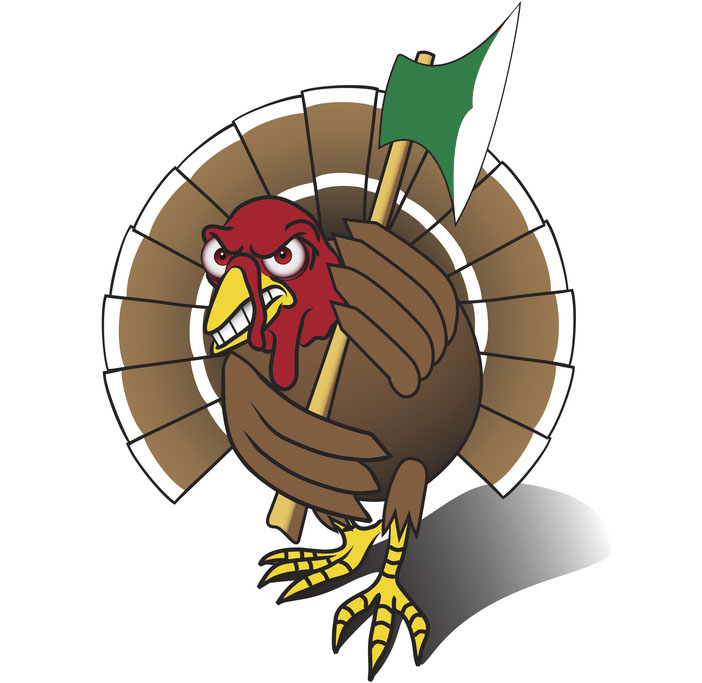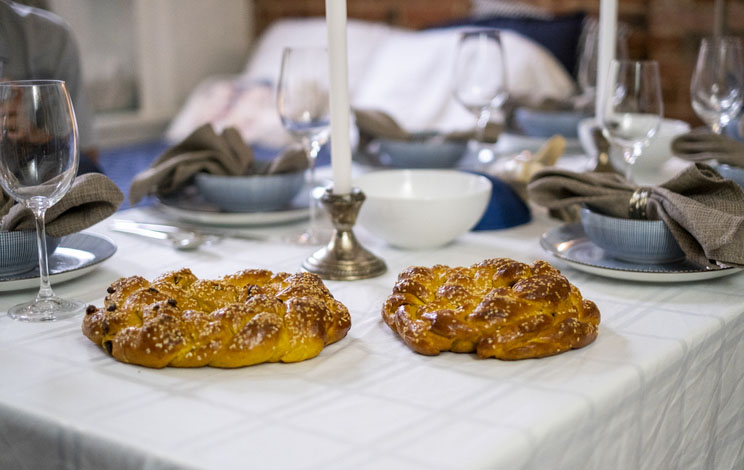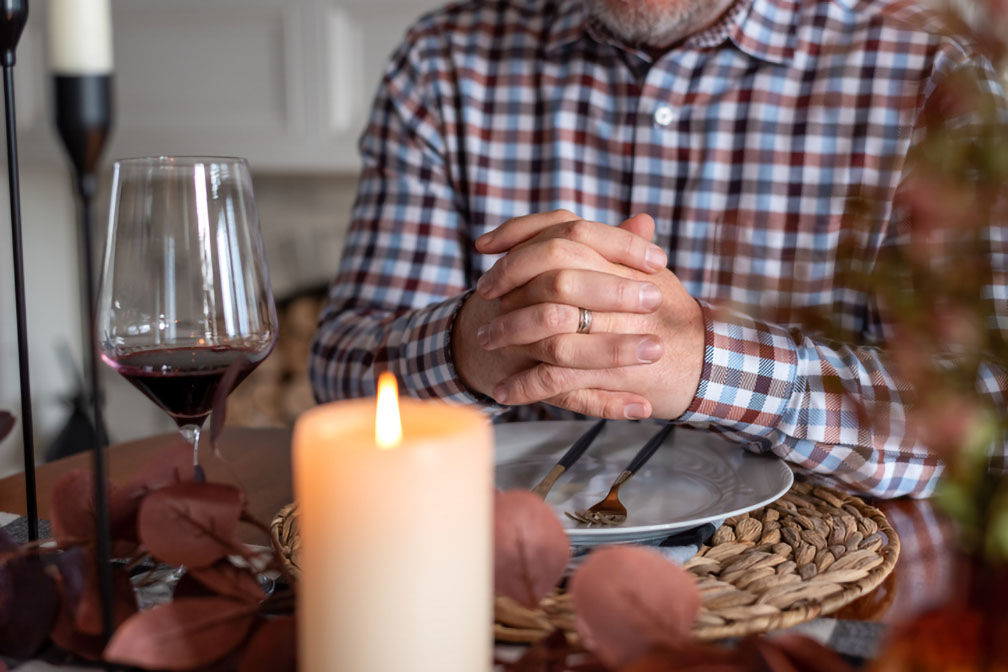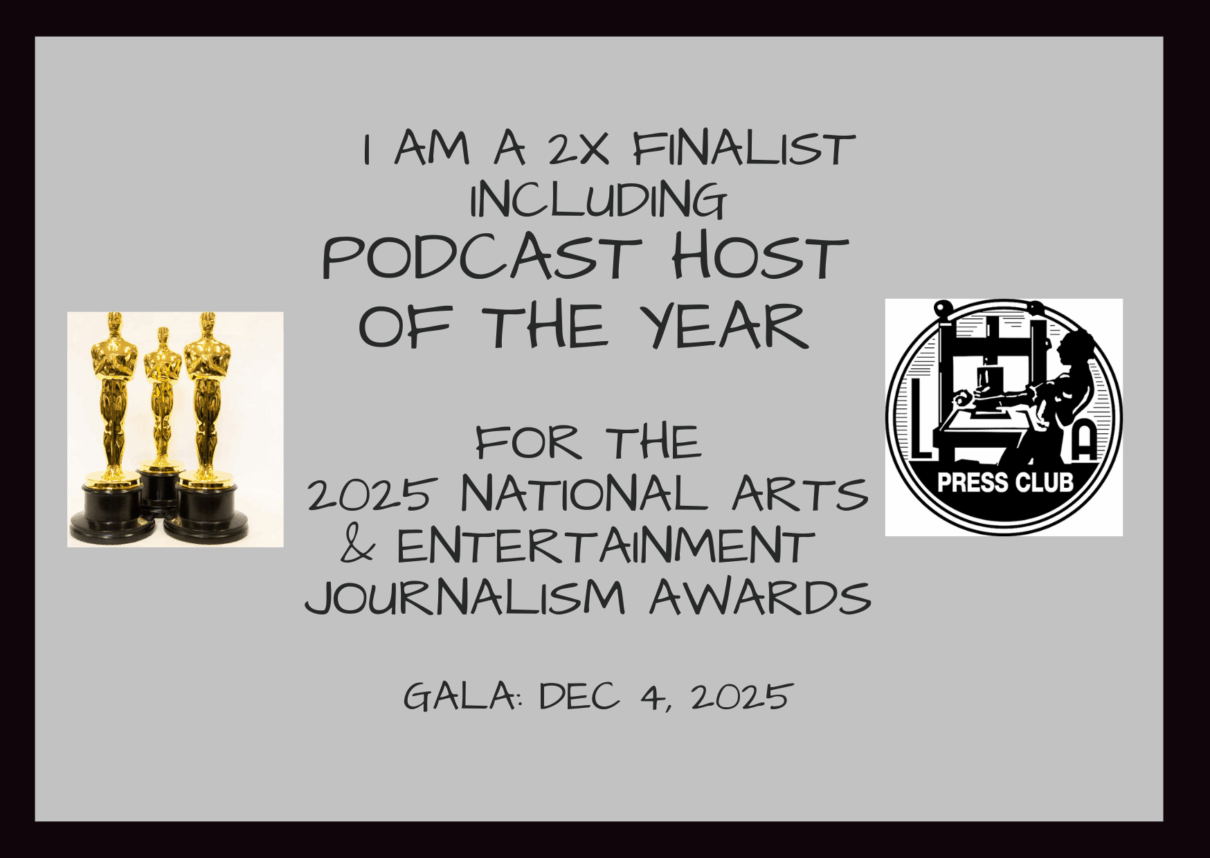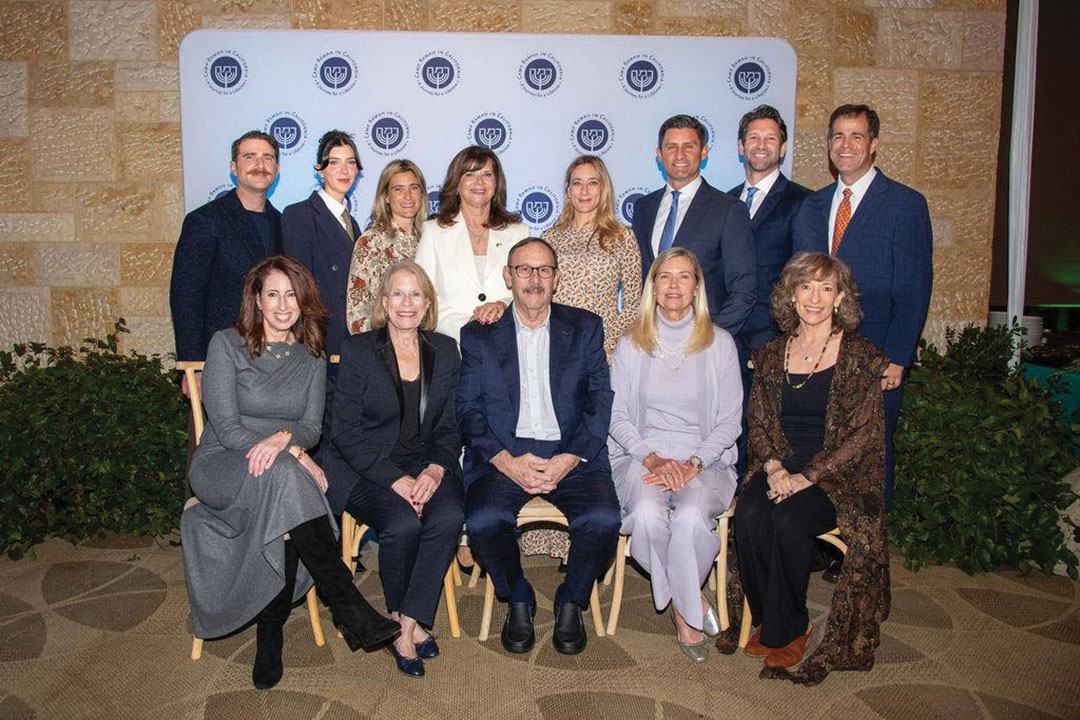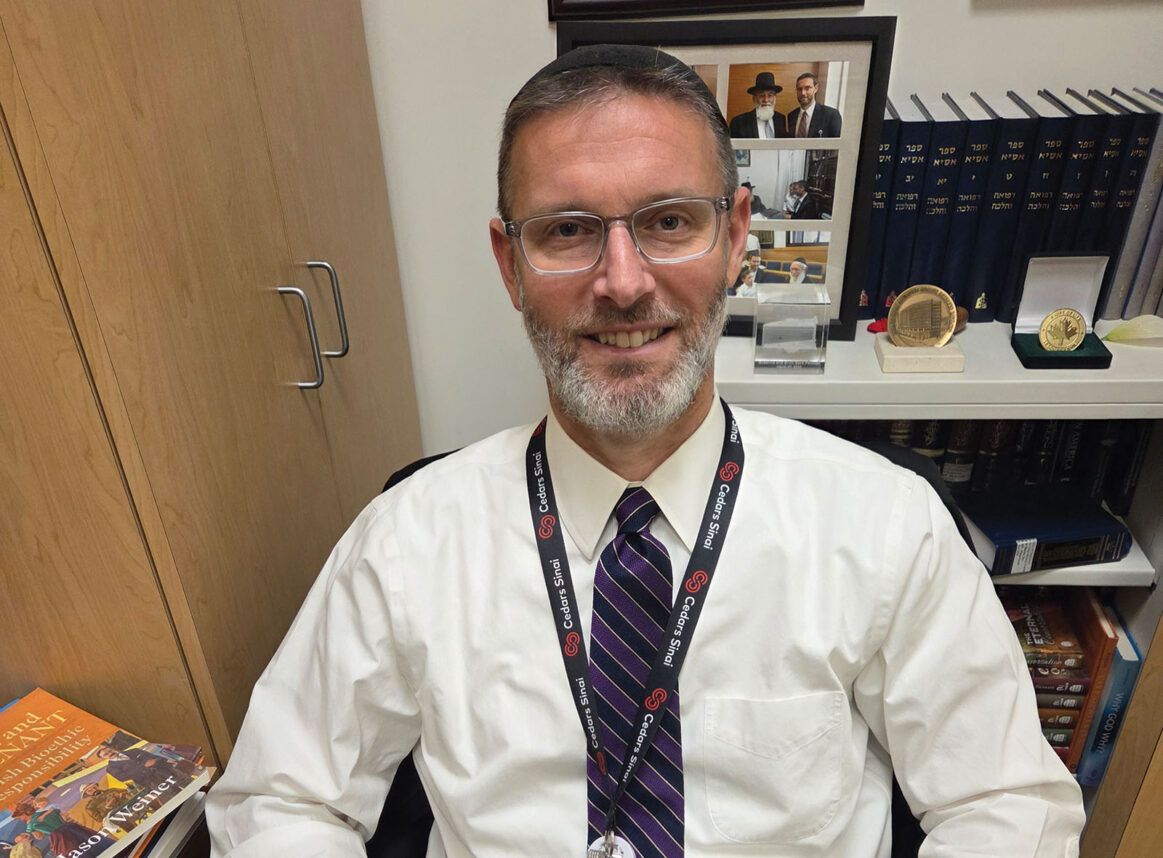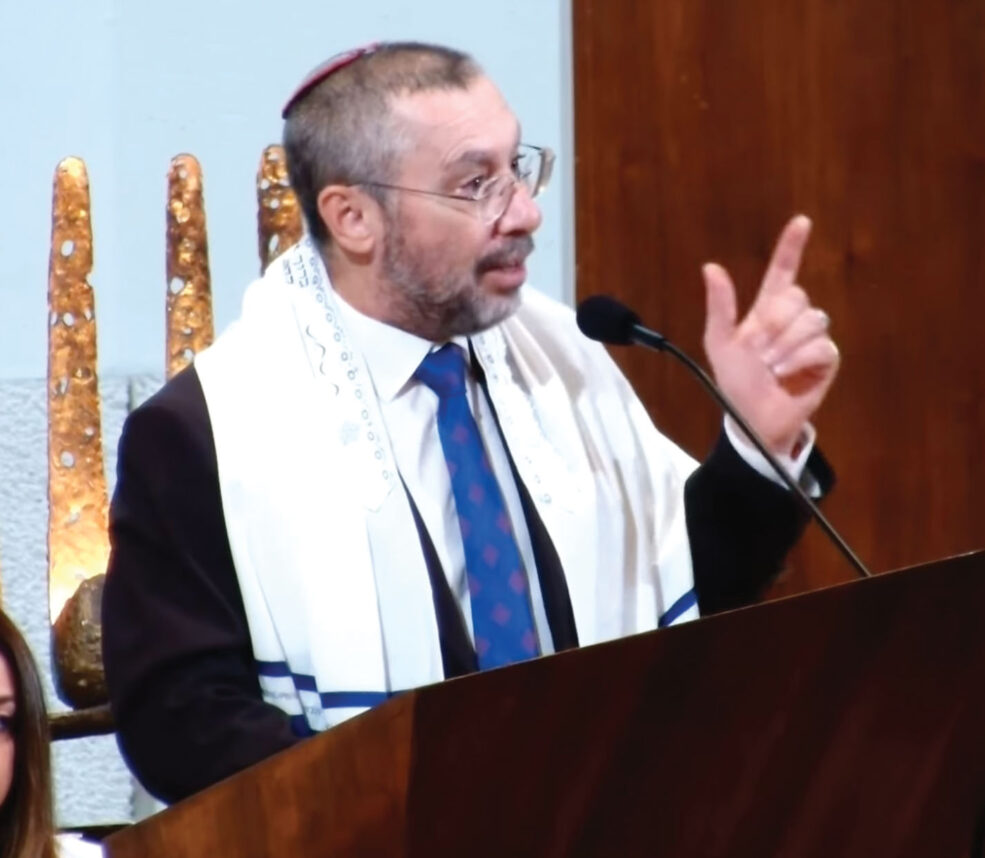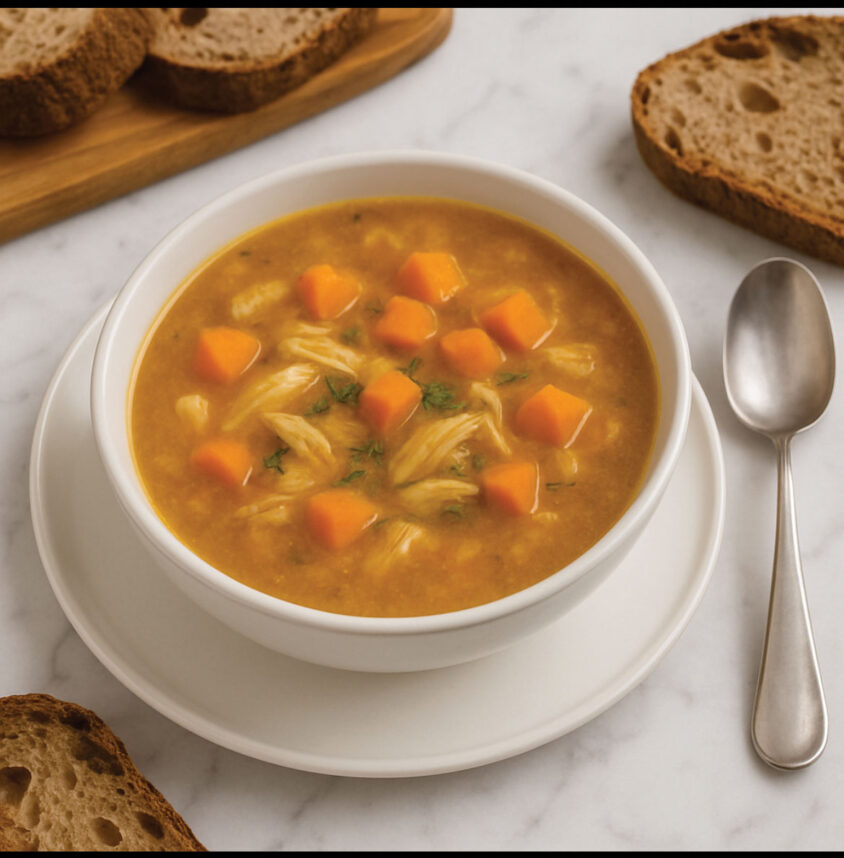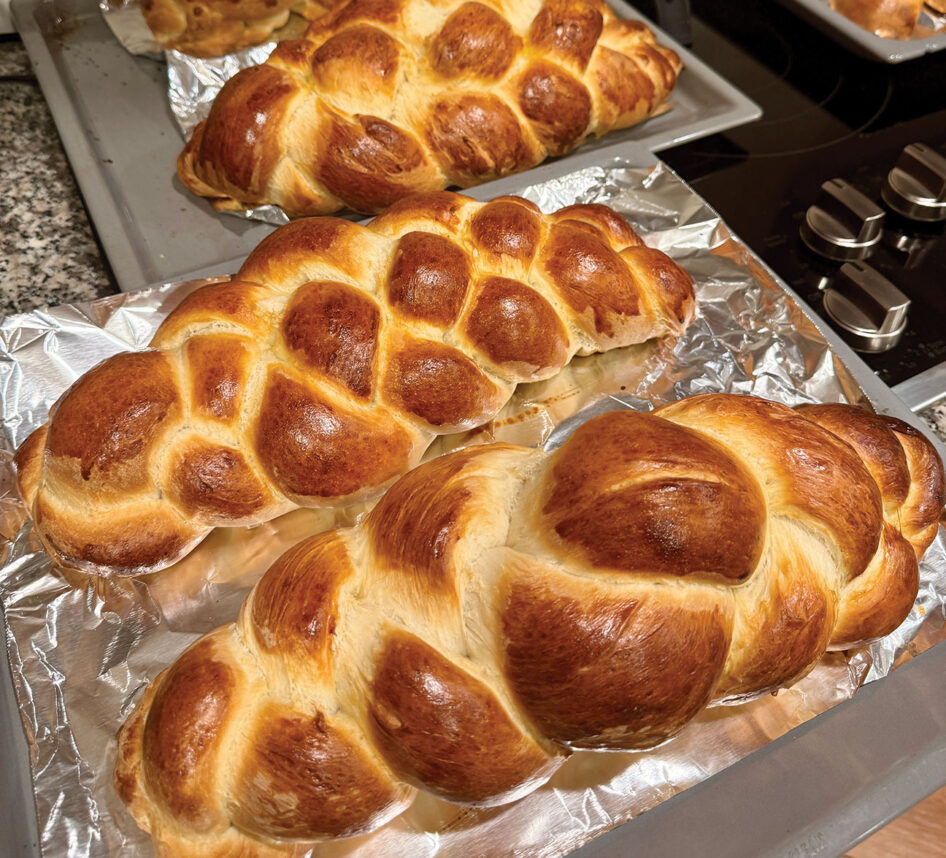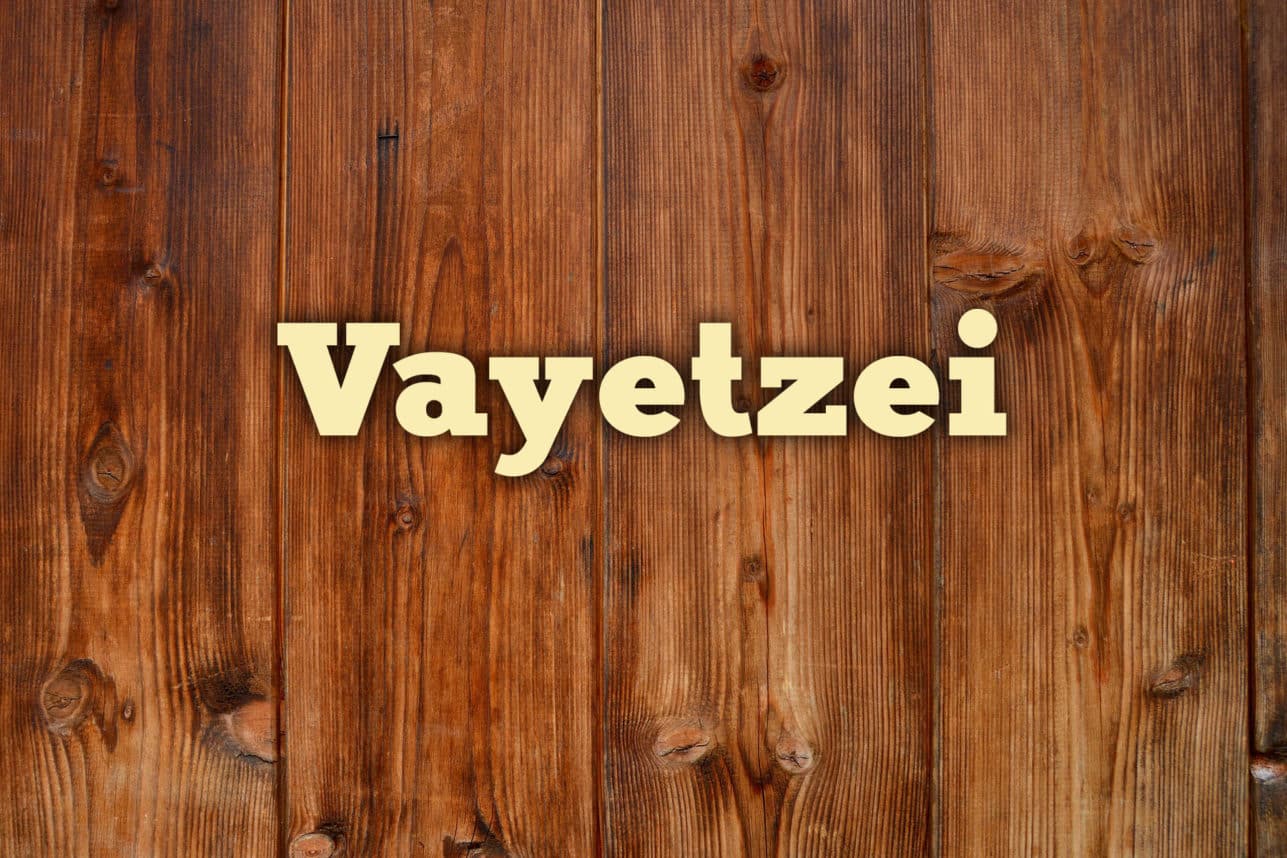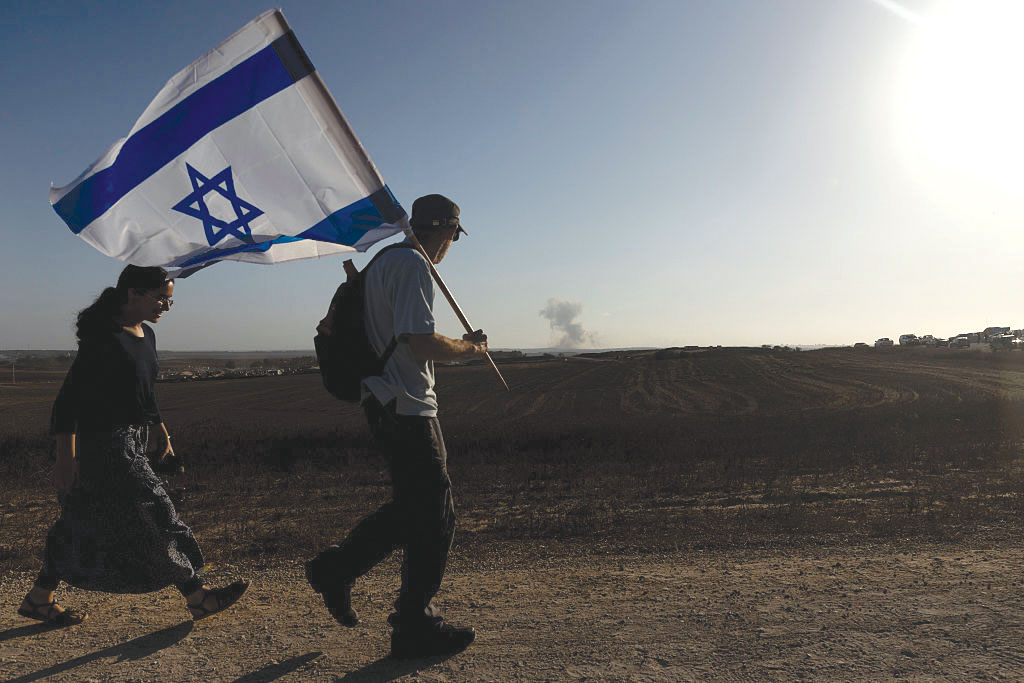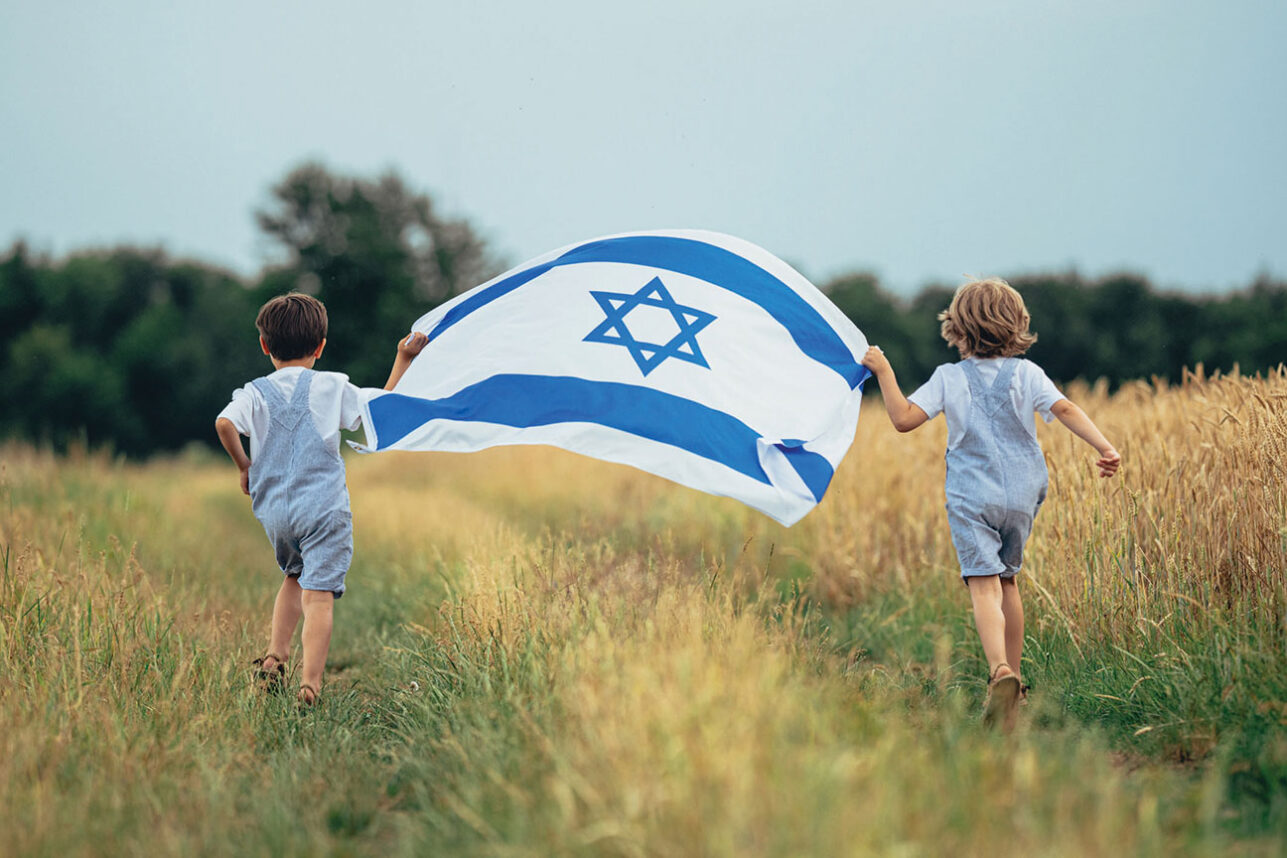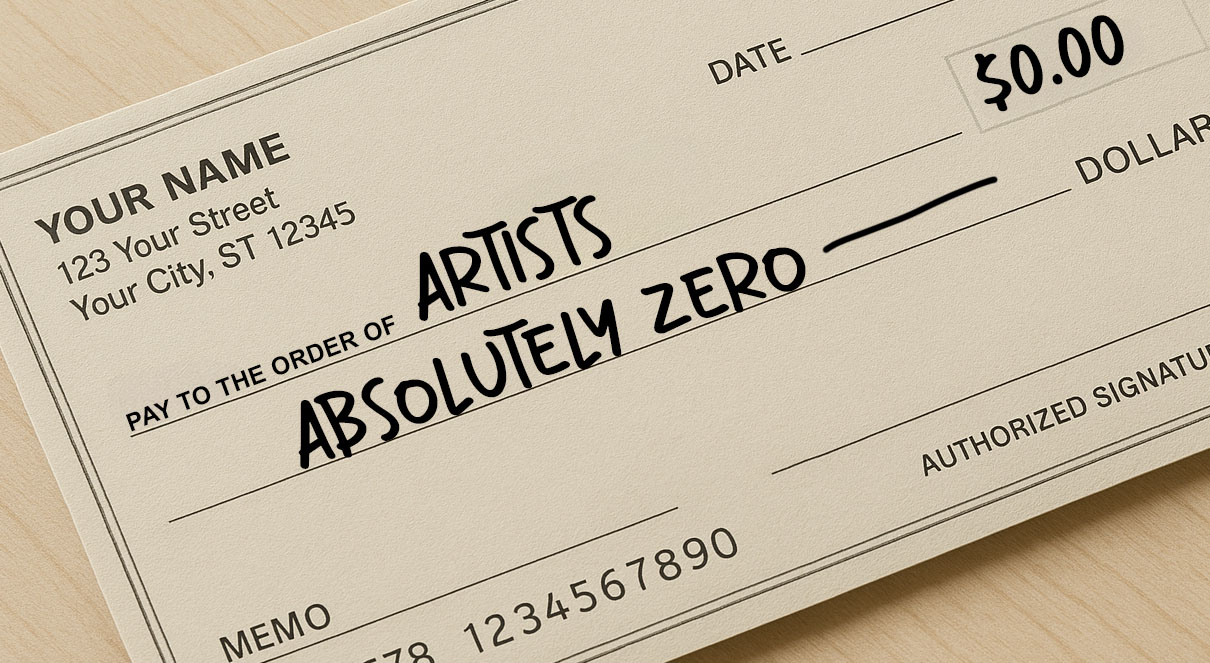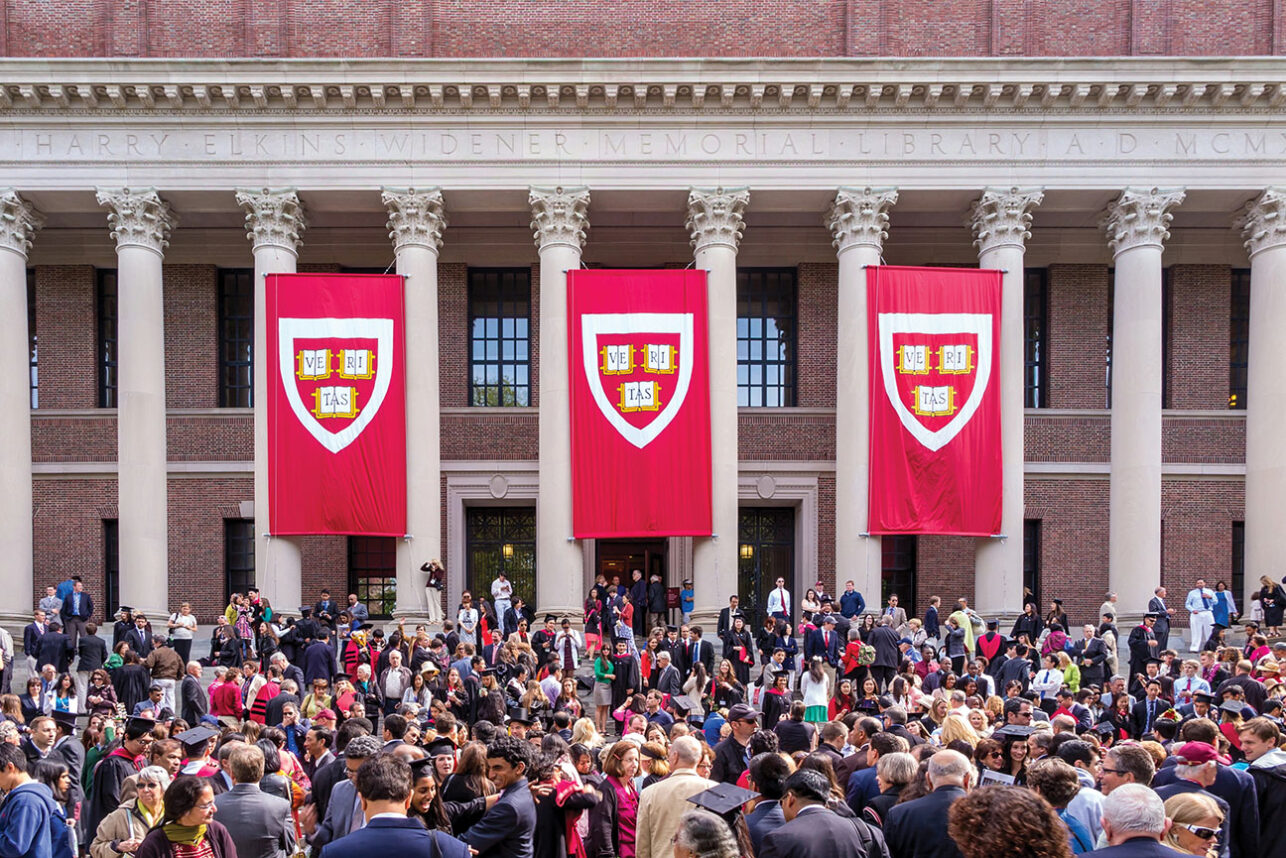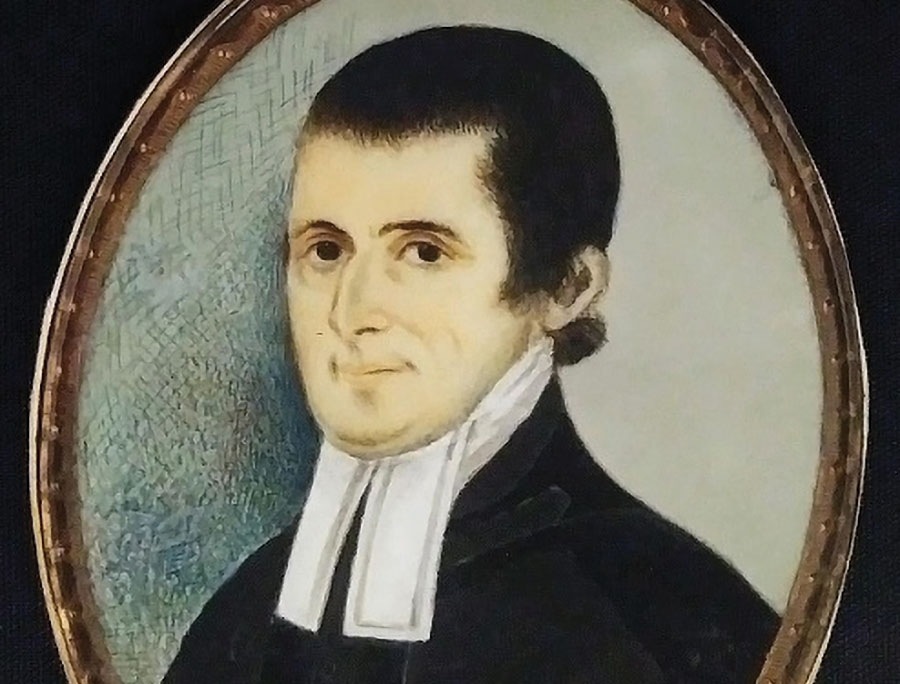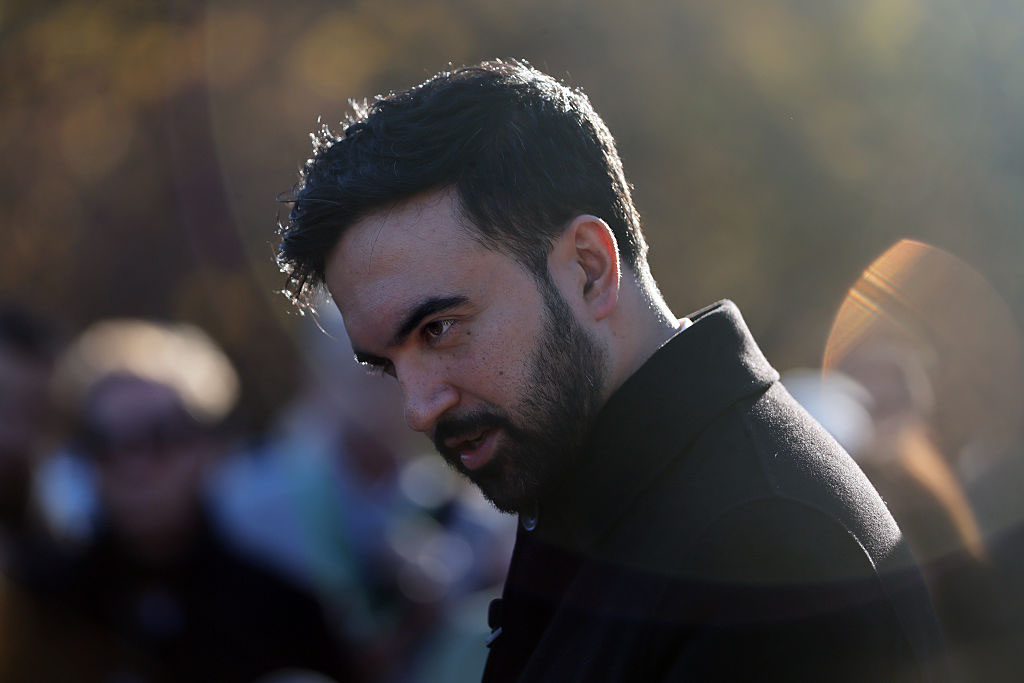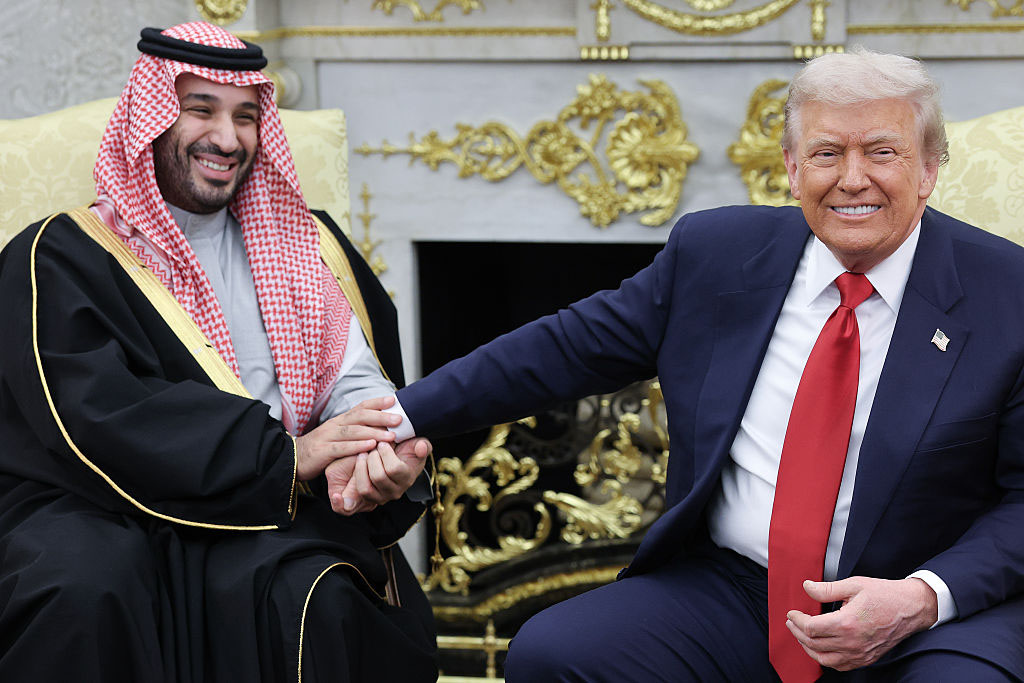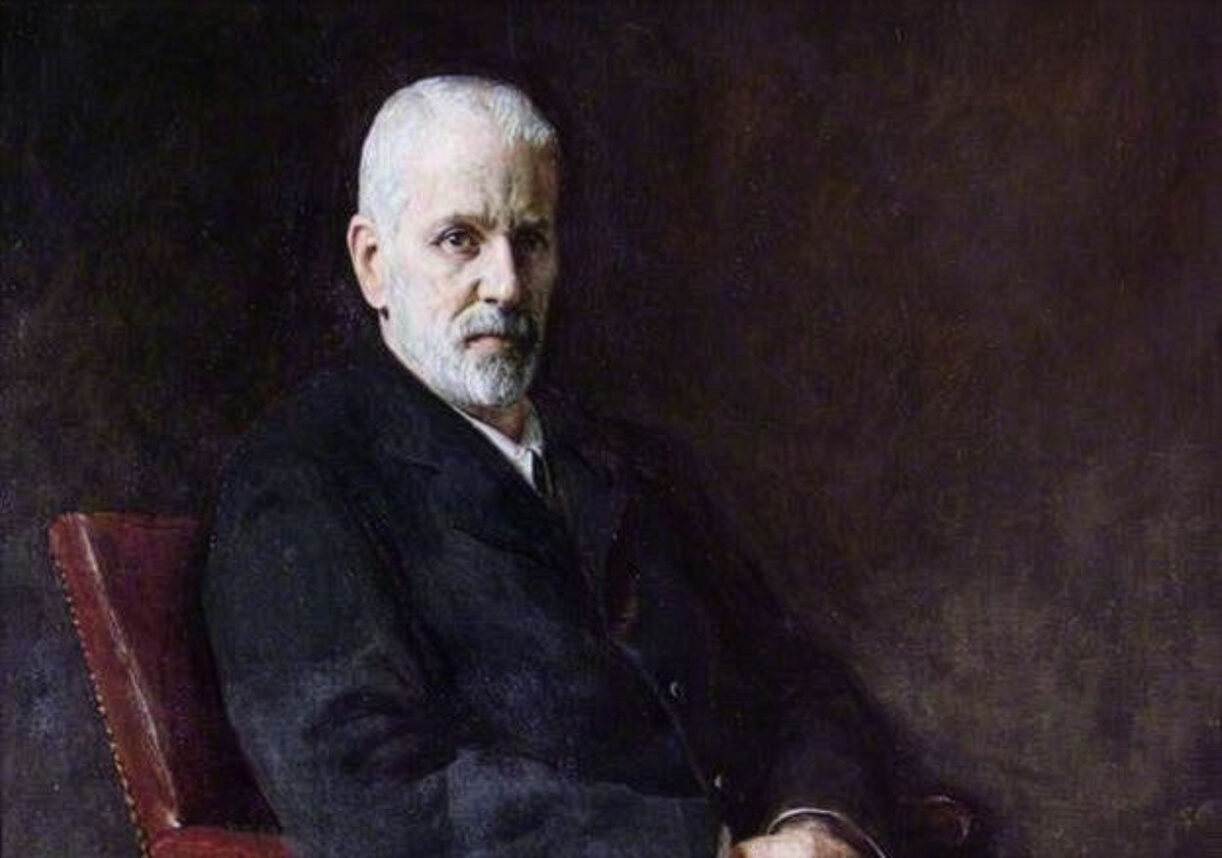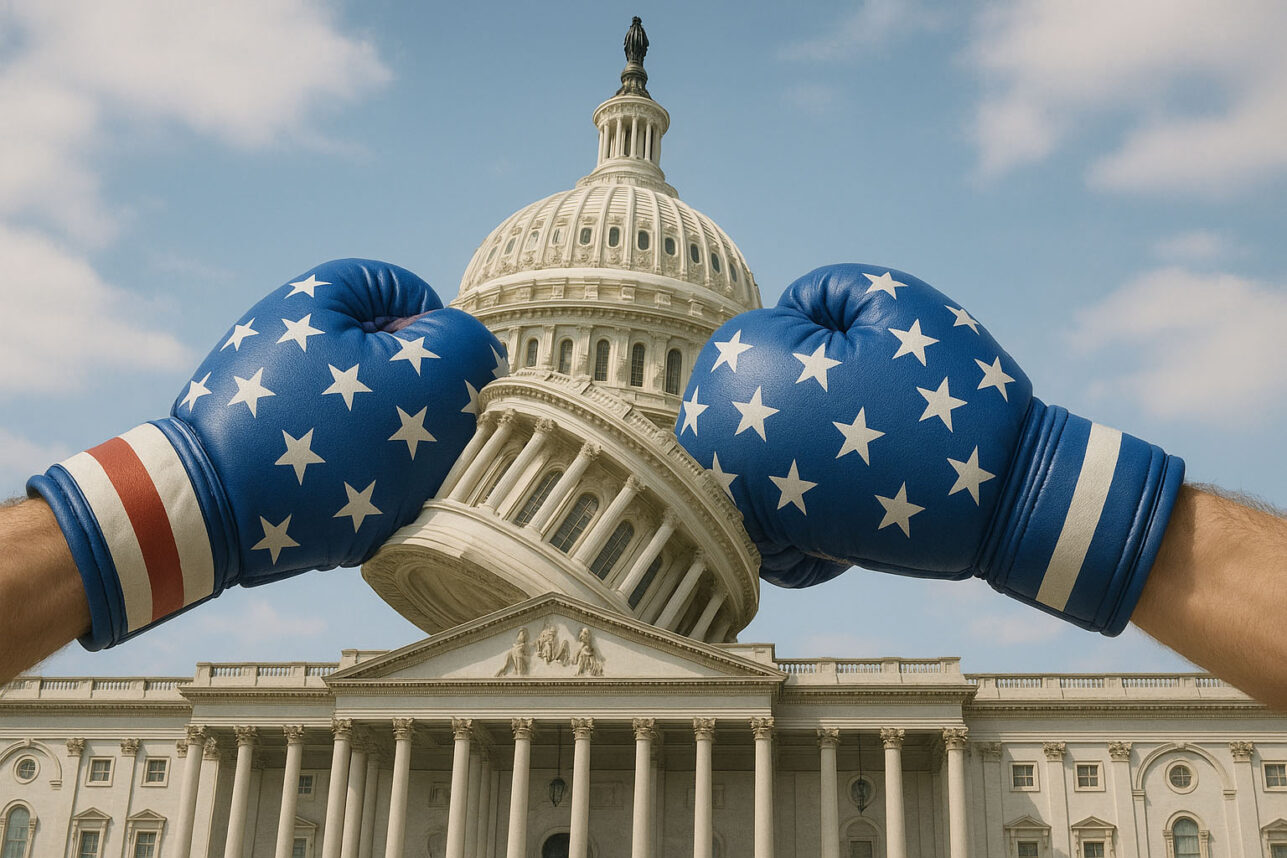Like just about every other blogger for the Jewish Journal, I found myself at Temple Emanuel in Beverly Hills this evening to watch Jewish Journal Editor-in-Chief Rob Eshman lead an Israeli consul general, a female Conservative rabbi, an Orthodox lawyer, two female Reform rabbis, an ultra-Orthodox rabbi and a Modern Orthodox rabbi in a spirited discussion of religious pluralism in Israel. The event was inspired by the recent arrest of Israeli feminist activist Anat Hoffman for “inappropriate” religious expression at the Western Wall. I went primarily to hear how the Orthodox speakers would defend the religious status quo in Israel. While I was very glad to see Modern Orthodox Rabbi Yosef Kanefsky take his seat, I was rather disappointed that the organizers had to ask Chabad Rabbi David Eliezrie to drive up from Orange County on a weeknight because no other prominent Orthodox rabbi in Los Angeles had the courage to show up at a Reform synagogue and defend his beliefs.
A few observations on the evening:
1) Consul General David Siegel is a very impressive guy. In fact, every time I see him he seems even more impressive. He started his talk on pluralism by showing us the logos of 92 Israeli organizations currently engaged in promoting pluralism/Jewish renewal in Israel. He also let us know that this was a personal issue for him: his father was the second Conservative rabbi in Israel (there are about 120 today).
2) The battle lines were drawn early. Everyone gave kudos to Rabbi Eliezrie for volunteering to be the Orthodox lightning rod for the evening, but I found his arguments less than compelling. His main justification for the denial of certain religious rights to women at the Western Wall was that “Jews have been praying this way for 3300 years, since the days of King Solomon.” Needless to say, his Reform and Conservative colleagues took exception to this statement. The night’s best line went to Rabbi Judith HaLevy, who noted that Jews don’t slaughter animals at the Western Wall today “even though they did it at the time of King Solomon.”
3) I found Rabbi Kanefsky’s comments to be the most thoughtful and engaging. His most interesting observation was that the well-documented return to tradition by Israelis does not necessarily translate into a return to Orthodoxy, whose rules and strictures are difficult for modern secular people to accept. Moreover, he believes that Israelis are actively involved in the creation of an organic Israeli Judaism.
Regular readers of this blog know that I don’t take a position on whether Judaism needs to be “reformed” or on which Jewish movement is more authentic, though I have expressed my thanks on occasion to Orthodox leaders for their stances on certain moral issues. I am also most unwilling to express my opinion on which laws Israel should or should not adopt. Having lived in their country for two years, I know that the last thing Israelis need is for non-Jews to lecture them on how they should live. However, on a night when only one prominent rabbi in the Los Angeles Orthodox world was willing to engage in a public dialogue on religious pluralism, I do feel comfortable offering an outsider’s opinion on which argument I found most compelling.
I can see why many Orthodox Jews are not impressed by liberal Jews’ willingness to change their traditions simply because they think that it’s a good idea to do so. However, invoking King Solomon to defend your practice of exclusion isn’t terribly convincing, either. I went to Rabbi Kanefsky after the event in order to understand the Orthodox theological objection to female rabbis. His candid response? “You’re assuming there is one.” After all, while the Torah does state that priests in ancient Israel were male descendants of Aaron, modern Rabbinic Judaism doesn’t have priests, priesthood, or temples. Rabbis are teachers and decisors of Jewish law, not priests. As a Mormon I believe that the Israelite priesthood has always been conferred exclusively on men, and I understand that men were almost exclusively the teachers and judges in ancient Israel, but in a modern world with many female teachers and judges, what is the theological objection to authorizing female rabbis if they don’t hold the priesthood? Rabbi Kanefsky offered up the belief that halacha conferred divine authority on the sages to lead Jews in the right paths. Fair enough. It’s a lot more convincing than the King Solomon argument.
I hope that this is the first in a series of candid discussions on Jewish religious pluralism. My only suggestion for improvement would be to limit the number of participants to four: a Reform rabbi, a Conservative rabbi, an ultra-Orthodox rabbi, and a Modern Orthodox rabbi. Additional participants will only add needless repetition. Evenings like this are entirely absent from the calendars of Mormon communities, and it was a delight to watch Jews who are all passionate about their Judaism challenge each other on an issue that is much more important to American Jews than to their Israeli cousins.








